On the afternoon of November 15, at the Southern Center for Education and Training Development, author Hoang Anh Duc (Albus D. Hoang) introduced the novel " The Last Class" . The book launch was also a space for discussion about how AI is reshaping learning and future educational challenges.
Learning in the AI Storm: Faster but… Harder
According to Mr. Le Thang Loi, Deputy Director in charge of the Southern Center for Education and Training Development, teachers are under a lot of pressure from the constant presence of technology.
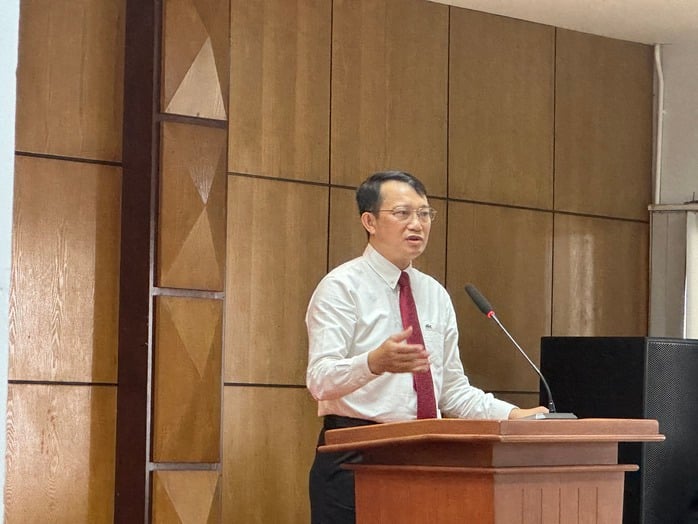
“Technology, especially AI, has a direct impact every day, every hour. What is important is how we choose to behave - take advantage, worry or calmly adapt - so as not to be too dependent on technology,” Mr. Loi shared.
Educators believe that the essence of learning is not in the solution, but in the journey of trial - error - practice. When the brain continuously repeats the learning process, neural connections are strengthened and expanded. This is the foundation for sustainable thinking.
AI makes it easy for users to skip the thinking process when given immediate answers. Each quick response is a “dopamine hit” that makes the brain seek immediate rewards, reducing the ability to be patient and persistent – factors necessary for learning a language, musical instrument or long-term skill.
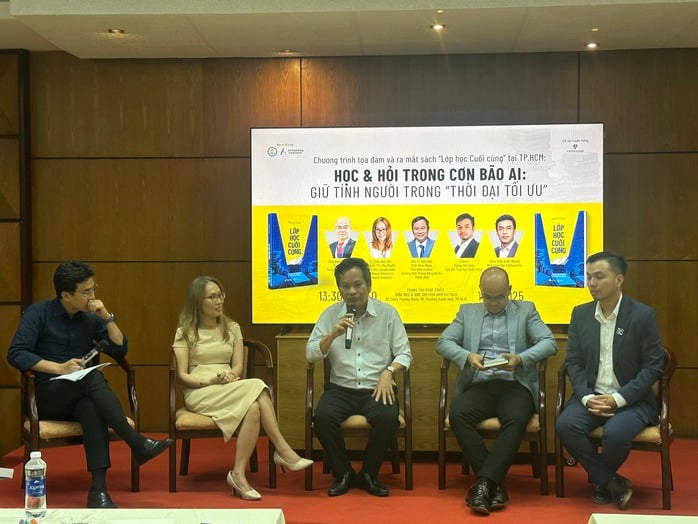
Speakers said that over-reliance on technology is directly affecting young people's thinking ability and motivation to learn.
The human brain goes into a state of cognitive offloading. The brain stops trying to store information because it believes everything is always available. This explains the inability to remember a loved one's phone number, dependence on GPS, or forgetting programming syntax when using Copilot. Neurologically, the hippocampus decreases activity over time.
At the same time, Dr. Hoang Anh Duc also mentioned the Generation Effect: self-generating questions helps increase memory by 30%-50% compared to passive reading. That is, the more learners rely on AI, the more they lose this important self-advantage.
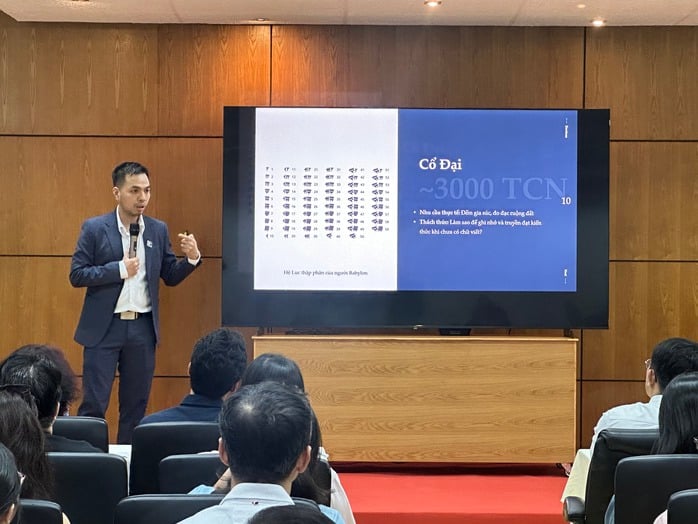
Dr. Hoang Anh Duc asked the question in the context of many distracting factors such as electronic devices and digital entertainment, how can students rekindle their love of learning?
Redefining the roles of learners and teachers in the AI era
From the perspective of high schools and universities, the speakers emphasized that learning is not about memorizing information but about training thinking. According to Dr. Tran Nam Dung, Vice Principal of the Gifted High School (VNU-HCM), the first thing is to build motivation. Students need to understand the purpose of learning, that the exercise is not about finding answers but training thinking ability to solve complex problems in the future.
Instead of the traditional “starting from theory”, teachers are suggested to switch to phenomenon-based learning. When students see the lesson as related to real life, they actively participate, experience and find their own knowledge. Many teachers also share that asking students to create their own questions or teach their own lessons helps increase participation and longer-term memory.
Associate Professor Dr. Phan Thanh Binh - former member of the Party Central Committee, former Chairman of the National Assembly 's Committee on Culture and Education, former Director of Ho Chi Minh City National University - reiterated the four pillars of education of UNESCO: learning to know, learning to do, learning to live together and learning to be human. He also warned of the risks of using AI without the background knowledge to self-verify right and wrong, thereby weakening the ability to debate.
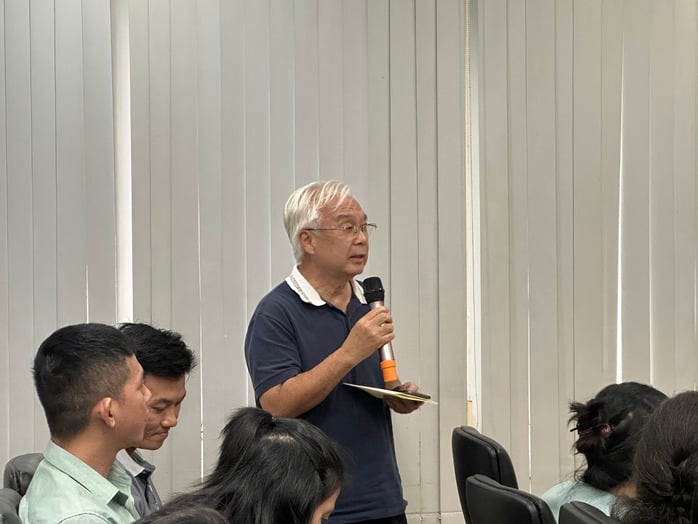
According to Associate Professor Dr. Phan Thanh Binh, teachers need to maintain an open dialogue spirit so that students can confidently ask questions and proactively explore knowledge.
The speakers agreed: AI is a good teacher, but it cannot replace self-learning. As Chat GPT explodes, many people find themselves doing more, but the important question is: “Are we happier?”
While many schools are following the trend of incorporating AI into their curriculum to meet parents' expectations, experts say that three factors need to be prepared: digital thinking, digital ethics, and the ability to recognize which information is safe for AI to process.
"The Last Class" - Dr. Hoang Anh Duc's debut novel - is the result of the author's observations and research since January 2023 - the time when Chat GPT exploded. Having the opportunity to work with Dr. Barbara Oakley, author of the course Learning How to Learn, helped Dr. Duc choose a storytelling method to convey scientific knowledge. The book was initially aimed at teachers and pedagogy students, but later expanded to all audiences.
Dr. Hoang Anh Duc, member of the Global Young Scientists Academy, works in the field of educational innovation, curriculum development and teacher capacity, and has participated in many UNESCO projects and served as an international judge for the Regeneron ISEF.
Set in the year 2525, “The Last Class” explores a seemingly perfect world where a technology called Neural Tapestry allows people to download knowledge directly into their brains. Children no longer need school; books, teachers, and curiosity have all but disappeared. Society has achieved “absolute efficiency,” but has also lost the things that make people special.
Source: https://nld.com.vn/ra-mat-lop-hoc-cuoi-cung-ly-giai-con-bao-ai-trong-giao-duc-196251115191430299.htm




![[Photo] General Secretary To Lam receives Vice President of Luxshare-ICT Group (China)](https://vphoto.vietnam.vn/thumb/1200x675/vietnam/resource/IMAGE/2025/11/15/1763211137119_a1-bnd-7809-8939-jpg.webp)

![[Photo] Prime Minister Pham Minh Chinh meets with representatives of outstanding teachers](https://vphoto.vietnam.vn/thumb/1200x675/vietnam/resource/IMAGE/2025/11/15/1763215934276_dsc-0578-jpg.webp)
![[Photo] Panorama of the 2025 Community Action Awards Final Round](https://vphoto.vietnam.vn/thumb/1200x675/vietnam/resource/IMAGE/2025/11/15/1763206932975_chi-7868-jpg.webp)
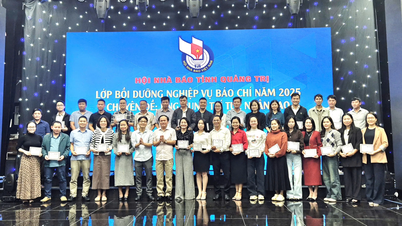



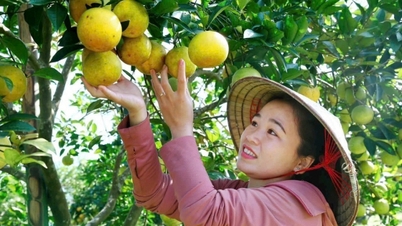

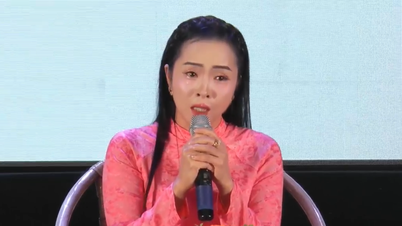

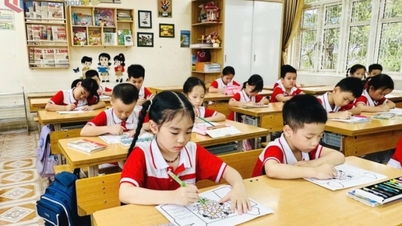



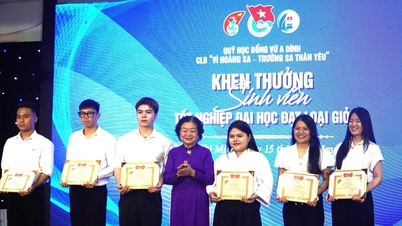

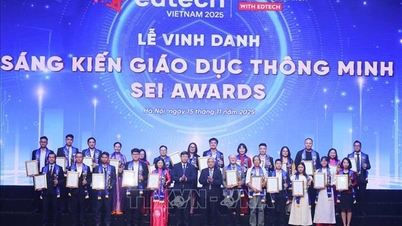
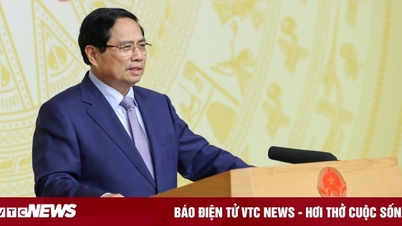

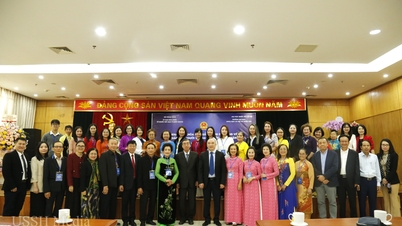


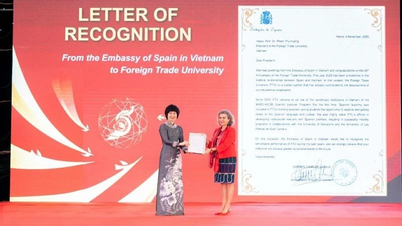





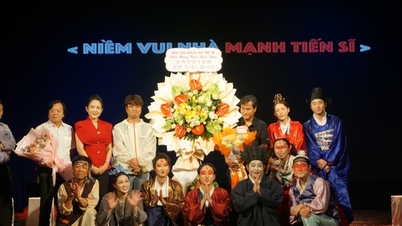
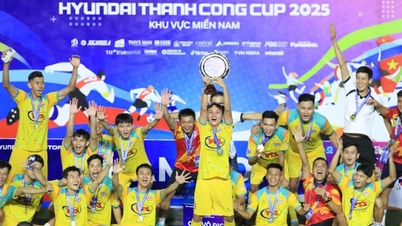
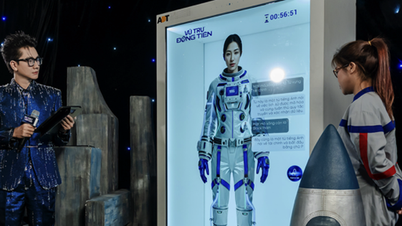

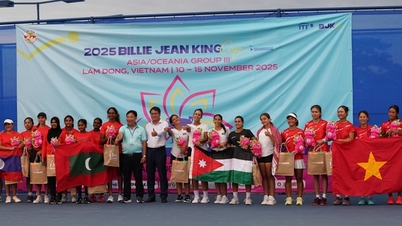




































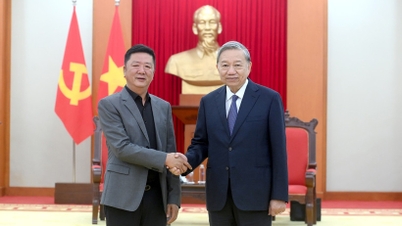


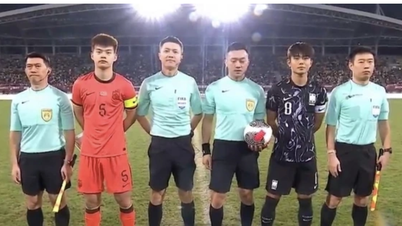
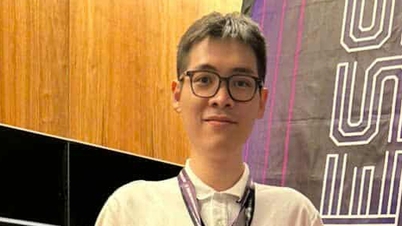

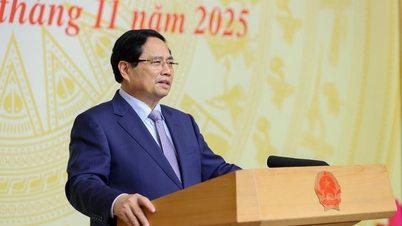
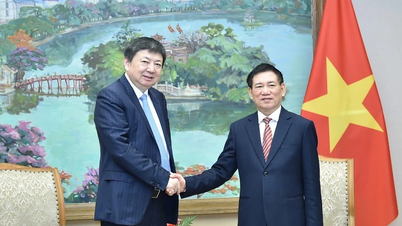





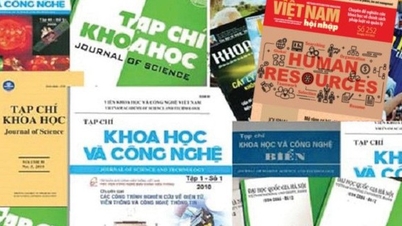
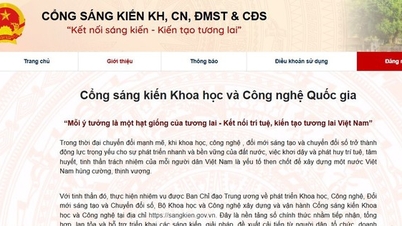
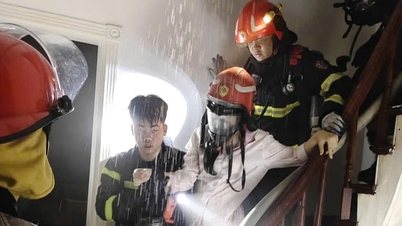



















Comment (0)